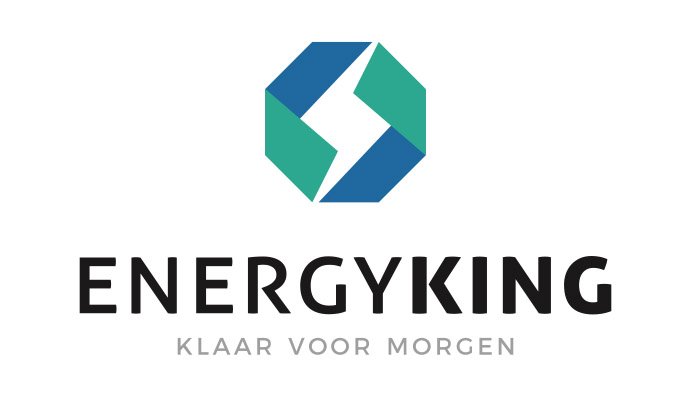Discussion gas plants, how dependent are we on natural gas?
More than half of our energy bill today consists of natural gas costs. Energy generated by wind, solar or water is not enough to heat us or meet our daily electricity needs. So for now, we need other sources of energy. The question is which ones?
Investing in new gas power plants? Do the advantages outweigh the disadvantages?
We review the benefits:
We are less dependent on distant countries. Unlike e.g. oil, natural gas is produced in many European and Western countries. If more people chose natural gas, we would be less dependent on rich oil countries for our energy.
In terms of natural gas transportation, there is a good underground distribution network in Western Europe that distributes natural gas. Natural gas is very suitable for generating energy in different places. It does not necessarily have to be near where the natural gas is extracted from the ground.
Gas power plants are very flexible. They can perfectly accommodate the vagaries of the Belgian weather. Gas plants can easily be adjusted or even shut down when there is more sun and/or wind. Because solar and wind energy are cleaner, they have priority over electricity from gas-fired plants.
On the other hand : only electricity from wind and solar energy is not enough to guarantee electricity at all times. Gas power plants can then be useful when there is no sun and little wind.
Natural gas burns up cleanly. The only combustion products are water vapor (H2O) and carbon dioxide (CO2). Compared to coal, natural gas is a lot more environmentally friendly.
But do the advantages outweigh the disadvantages?
Natural gas supplies run out at some point. Natural gas is a fossil fuel extracted from the ground. When it runs out there, it really runs out. Burning natural gas also produces a lot of greenhouse gases, though less than petroleum or coal.
Deploying nuclear power seems a good way to combat global warming. CO2 emissions from gas power plants are higher than those from nuclear power plants. So nuclear power seems to be part of the solution. Gas power plants emit 40 times more CO2 over their lifetime than nuclear power plants. If we close all our nuclear reactors and replace them with gas power plants, the CO2 emissions of the Belgian energy sector are going to increase significantly.
Gas power plants are no longer profitable. Burning natural gas releases CO2. Because of current climate change, this is undesirable.
Moreover, the fear is that investments in gas power plants will slow down green energy projects (solar, wind, water).
So where we should bet on pending sufficient green energy is a complex issue.
What are the alternatives?
Generating electricity by the existing nuclear power plants is not an easy choice because of the very dangerous mountain of nuclear waste for which there is still no good solution today. We want to get rid of this as soon as possible. But how to proceed?
Everything starts with smart energy use. It is important to make the best use of available green energy. For example, through smart control of your consumption, the digital meter can supply your car, washing machine, ventilation, etc. with the green power you generate yourself at home. Home batteries can certainly contribute to this as well. Although in most cases this is still not enough and we will continue to need energy delivered to the home via the distribution network. The aim must be to pump as little money as possible into new initiatives or installations that do not contribute to a transition to climate neutral energy.
Investments of power plants working on gas or fuel oil we should limit as much as possible and go full steam ahead for investments in e.g. offshore wind farms, construction of sea cables that transport the surplus of green energy from other countries to our country and smart storage of green energy.




